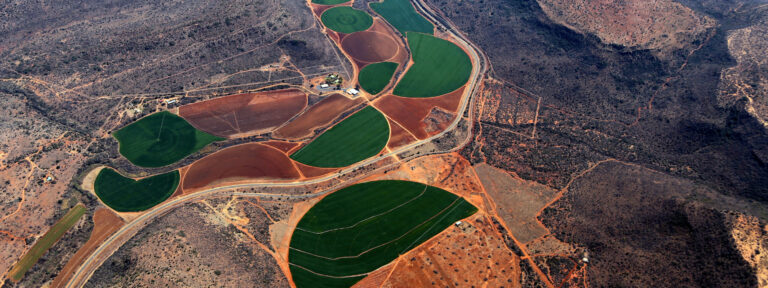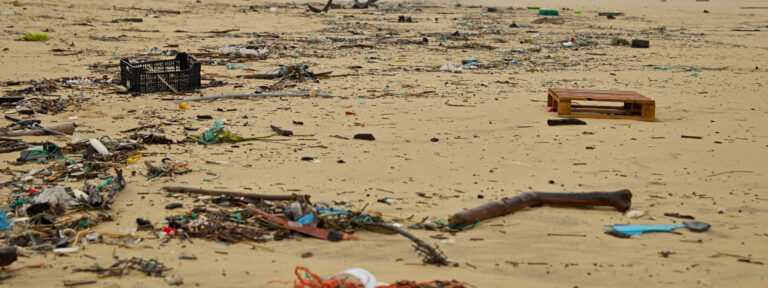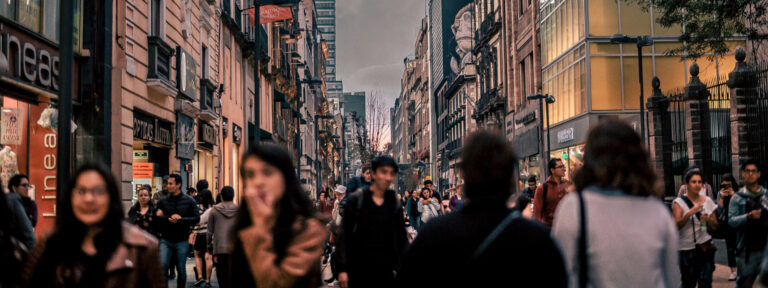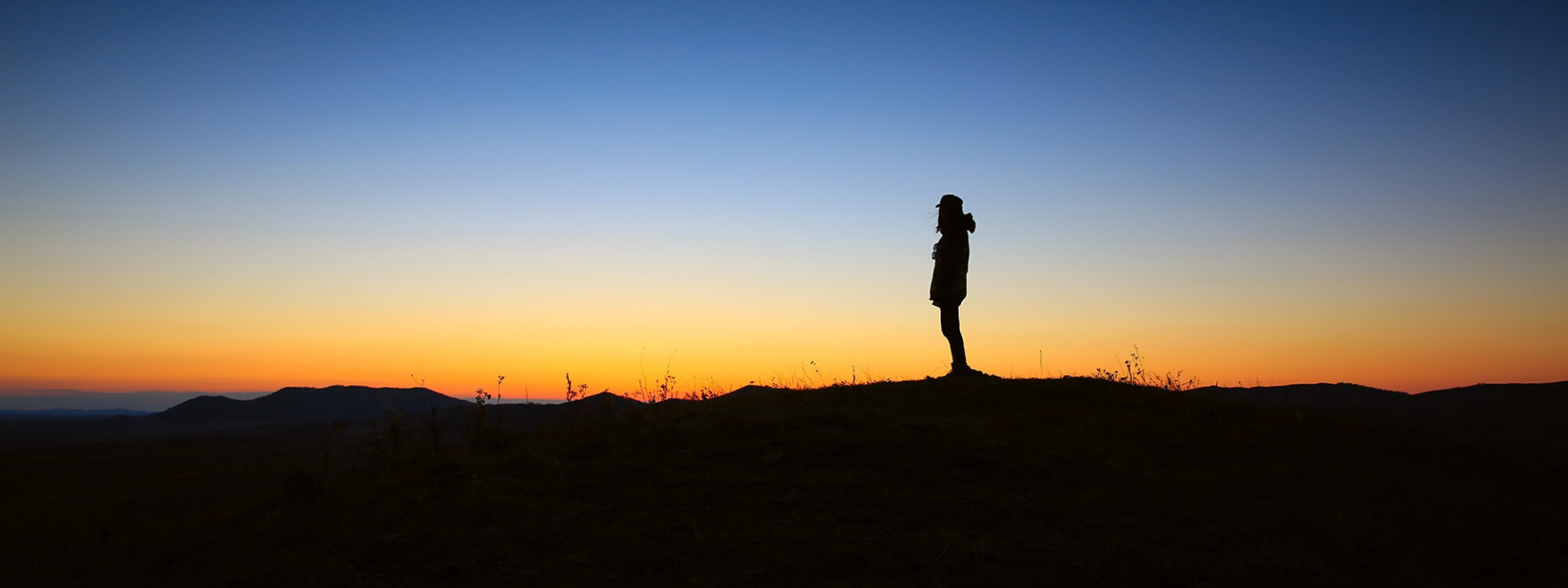
Why we must seize this chance for change
If we’ve learnt anything from the devastating impact of COVID-19, it’s that life will never be quite the same again, which, according to conservationists Chris Packham and Megan McCubbin, opens up a whole world of opportunity – if we’re brave enough to stand up for change. Here, they share their thoughts on what needs to be done, right here, right now…
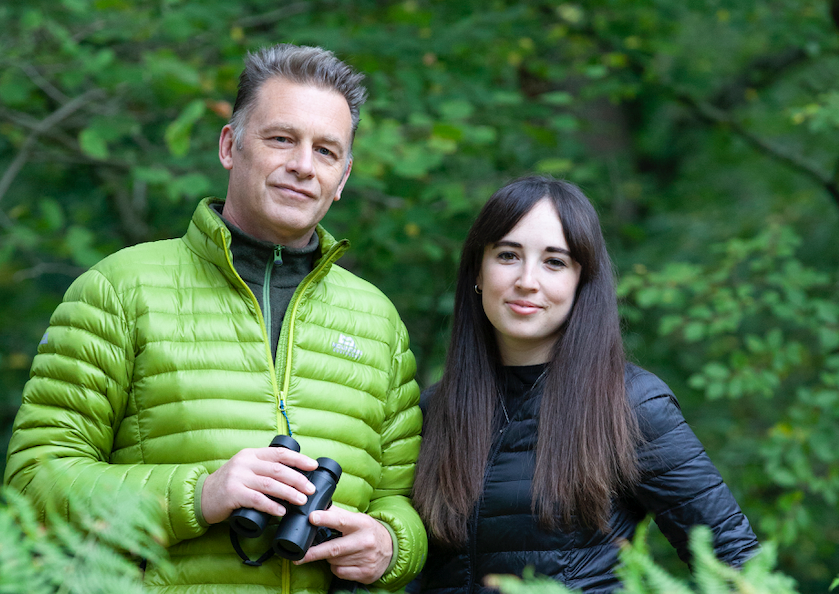
CHRIS:
For me, being isolated during the global pandemic hasn’t been a problem. I’ve found it invigorating, reaffirming and re-energising to spend time with nature in my own personal oasis. But, looking outwards, I’ve watched a world in turmoil, fear, frustration and distress. It looked like an experiment to test us, to see what we’re made of.
We came out of it brilliantly. Scientists took action, using the latest technologies to create a vaccine to beat the disease and a means of administering it. This demonstrates that when the human race is put under pressure and gets the world’s best scientists on to it, no problem is ever too big for humans to solve. There are no excuses.
However, what I’d hoped is that this horrible hiatus that we brought upon ourselves would enable us to look at the things we’d done wrong and set them right. Yet, we find ourselves in exceptional times with unexceptional leaders who lack imagination and integrity. Despite calls that we need to ‘get back to normal’ and it should be ‘business as usual’, do we really want this when it’s a bad normal and bad business? It’s now clear to many people that we have a boundless opportunity to respond to this crisis in a positive way. Yet those in positions of power are still driven by this craving to get back to how things were – normal education, normal economics – they’re not seeing this as a chance to change.
We’ve heard the warnings from climate scientists for years. Now biodiversity scientists are adding their voices. It’s an urgent call that’s not being listened to. Enormous damage has been done and it’s scary. When we break ecology, we break it forever. But fear is incredibly important as that’s what makes us get things done. I’m confident we can find solutions.
We need to look at all the issues as being interconnected – climate change, biodiversity and population are intrinsically linked. And we have to consider everyone in the world as our neighbours and work together.
The people in power are old, the structure of our institutions is outdated. Right now, we need the energy of young people who have the courage to take risks for the sake of our future and the future of our planet. The activism that has come out of the depths of COVID-19 is astonishing – Black Lives Matter, the HS2 protests, women demonstrating on Clapham Common and in Australia.
People are realising that if they want things to change they have to take action – like we did when I was a young conservationist. But we failed. We just didn’t fight hard enough.
We have potential solutions to our problems, although we’re not going to implement them without pain. Our job right now is to inform and stimulate people to have conversations so they can draw their own conclusions. If we don’t talk about it we’ll never see change but, ultimately, I remain hopeful.
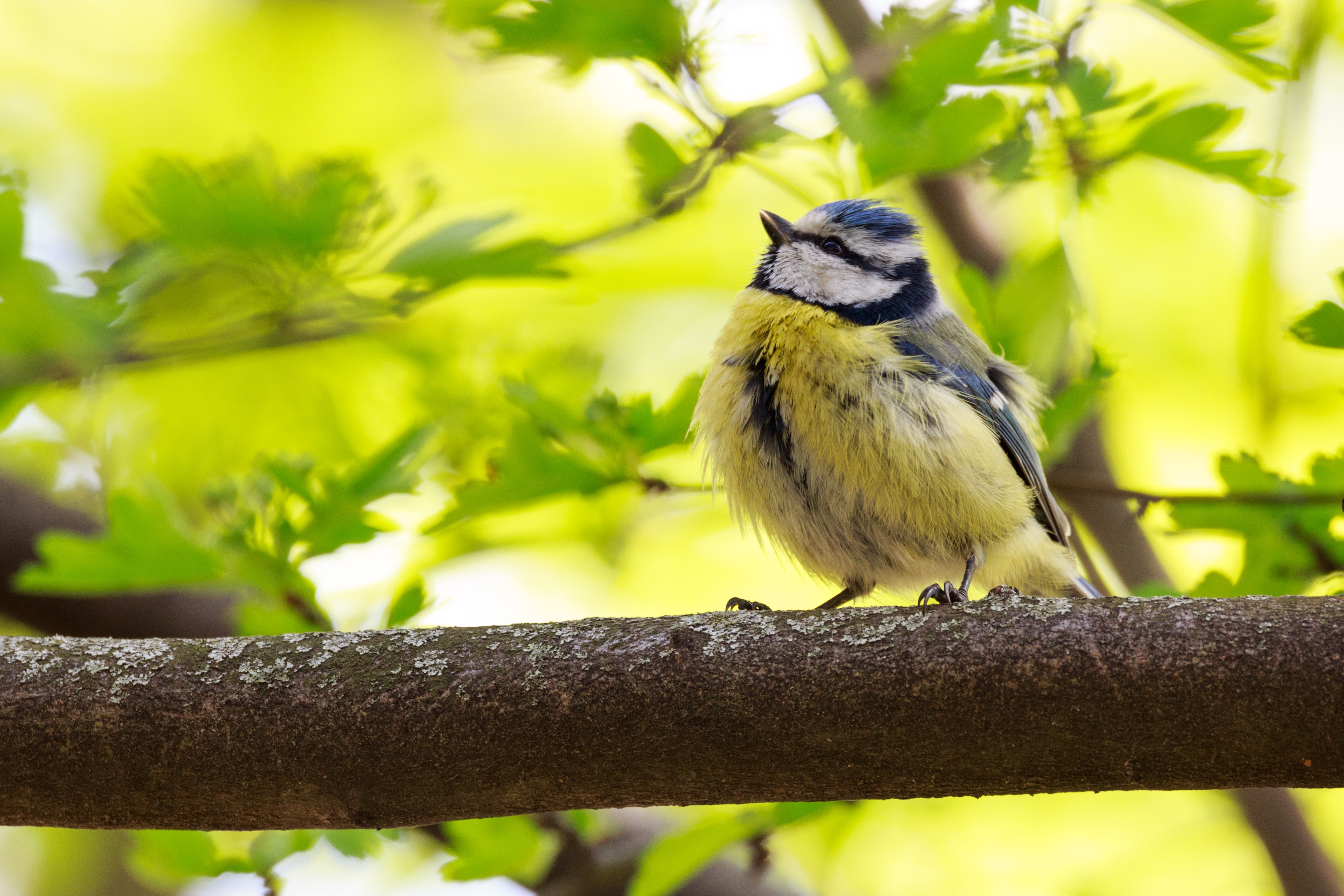
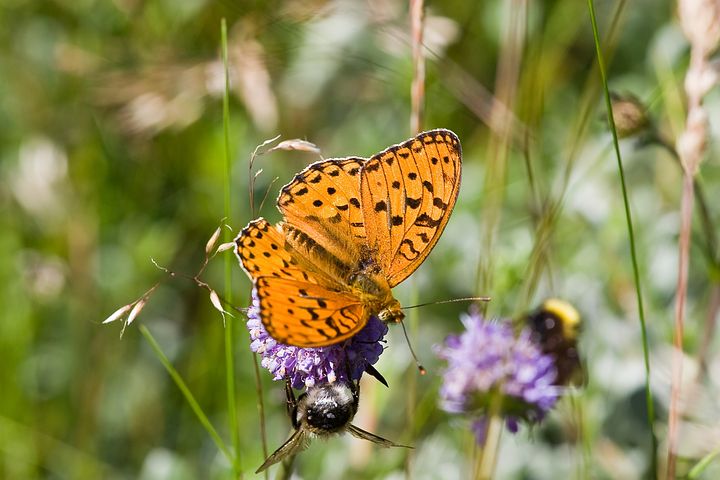
MEGAN:
Those in positions of power may give lip service to the fact that climate change is terrible, but taking action means they’ll be out of pocket when they’ve already invested heavily in environmentally destructive schemes such as fossil fuels and HS2. Those making decision are the older generation and the full impact of climate change is not going to affect them – but it will affect their grandchildren.
In the UK, we’re cushioned from the devastation of what’s already happening to our planet – apart from those who’ve been unfortunate enough to have their homes flooded. By a fact of geography, we’re not in the midst of the hurricane – Australia and California are burning, but these places are thousands of miles away from us. It’s a case of out of sight, out of mind – if a threat doesn’t feel real and imminent, neurologically, our brains can’t compute it. When we do experience a threat first-hand, whether that be rising sea levels or food and water shortages, then we’ll feel a powerful connection with the impact of climate change.
As humans, we’re hardwired to find it difficult to change our minds. If someone expresses a difference in opinion we tend to see it as a personal attack.
People are scared to talk about changing their behaviours and attitudes because it’s difficult. But we have to change the narrative – and we can. We have to work together to reduce consumption, habitat loss and population.
The media should be more honest – the amount of news dedicated to climate science is miniscule. But we can use social media as a powerful tool for storytelling, to share the important messages in an engaging way to open up that dialogue. I can already see this happening. The new generation – me and those younger than me – when they reach positions of power, the big change will come then.
I also think it’s important to not be scared of the word ‘activist’. You’re an activist by all the actions that you do, no matter how small. You don’t have to join Extinction Rebellion. You can write to your MP, sit down with your daughter and talk about the world’s population issue and why empowering women and girls across the globe to be able to choose smaller families will help take the heat off the planet and reduce the pressure of human encroachment on every wildlife habitat. Whatever positive choices you make, all the small things add up to enable real, transformative change.
Chris Packham is one of the UK’s leading naturalists and wildlife TV presenters and Patron of Population Matters. In October 2016, he earned the Christopher Parsons Award for Outstanding Achievement in recognition of his significant contribution to wildlife filmmaking, conservation and the public’s understanding of the environment.
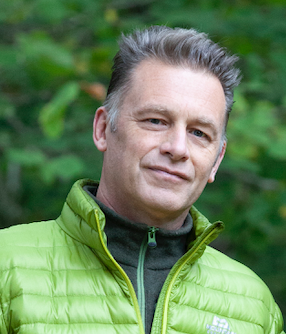
Megan McCubbin is a zoologist, wildlife TV presenter, conservationist and photographer and is the founder of The Self-Isolating Bird Club on Twitter. The duo have been inspired to write a book together – Back to Nature: How to Love Life – and Save It, published by Two Roads and available via chrispackham.co.uk.
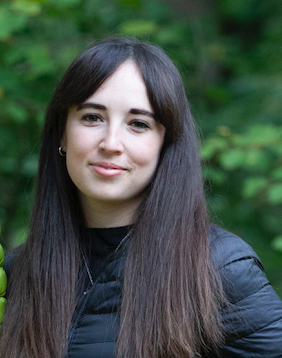
YOU CAN MAKE A BETTER FUTURE POSSIBLE
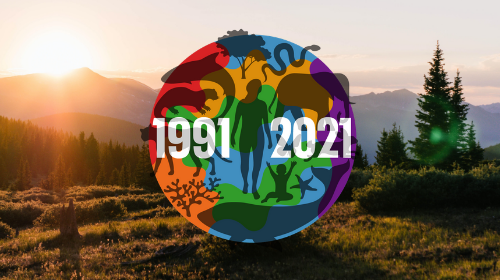
This year marks Population Matters 30th anniversary and the 30-year countdown to 2050 – a significant milestone for reshaping our relationship with Earth before it’s too late. You can help us accelerate our campaigns and inspire essential action by making a donation of £30 (or any amount you can spare) to enable us to elevate our message of empowerment and choice-based solutions as being the key to all our futures. We promise to:
Use your contribution to campaign for a better future in harmony with nature.
Continue empowering women and girls across the world to choose their family size.
Lobby policymakers worldwide to ensure population is included in environmental strategies.

